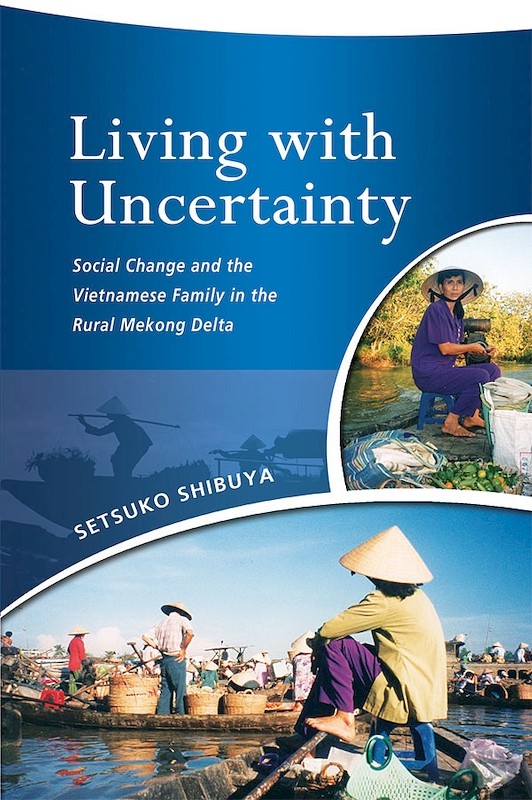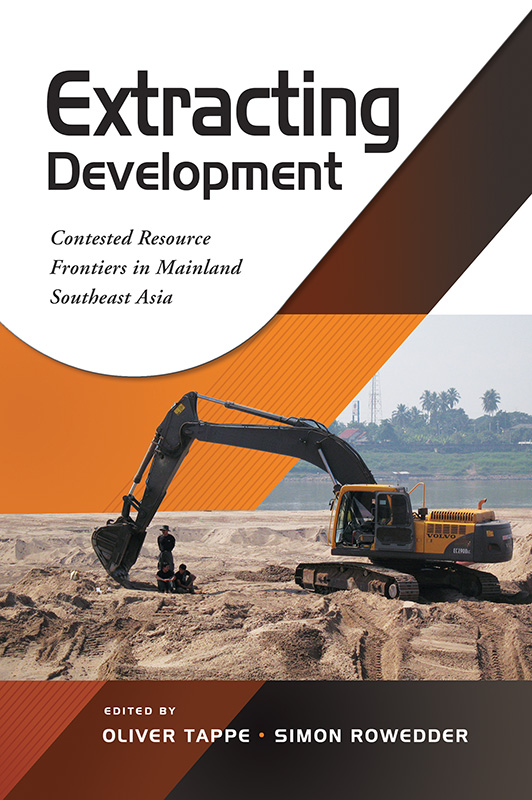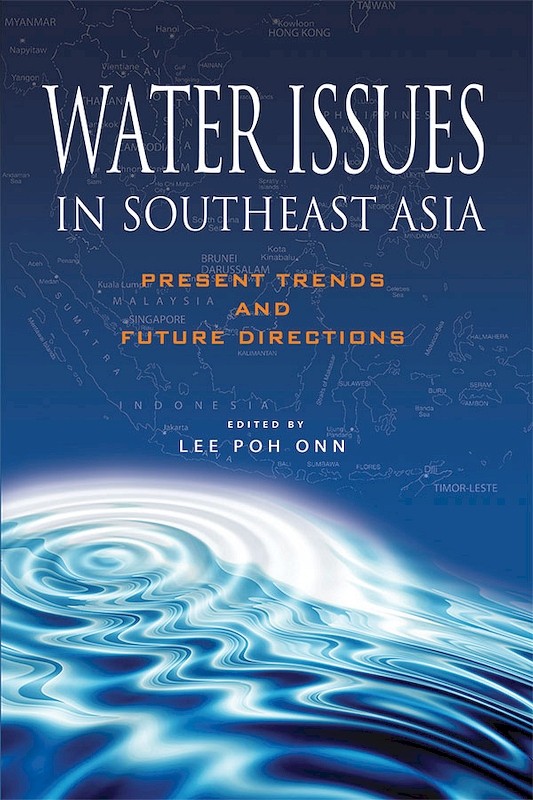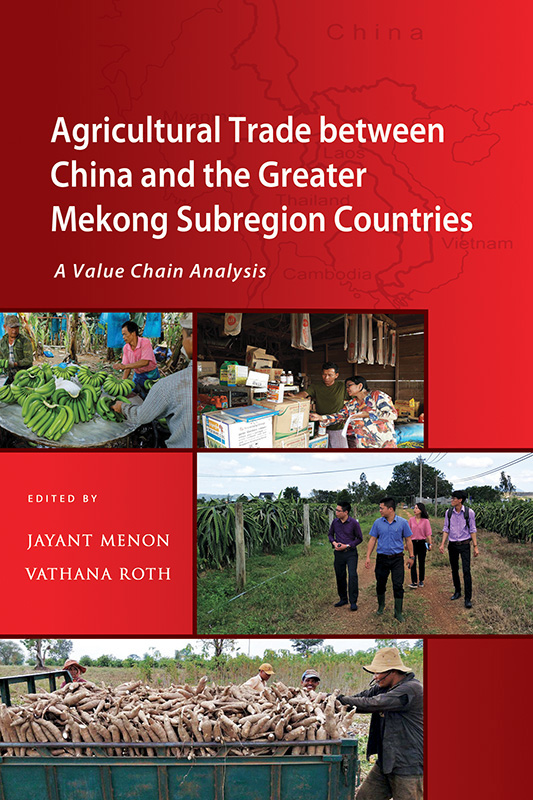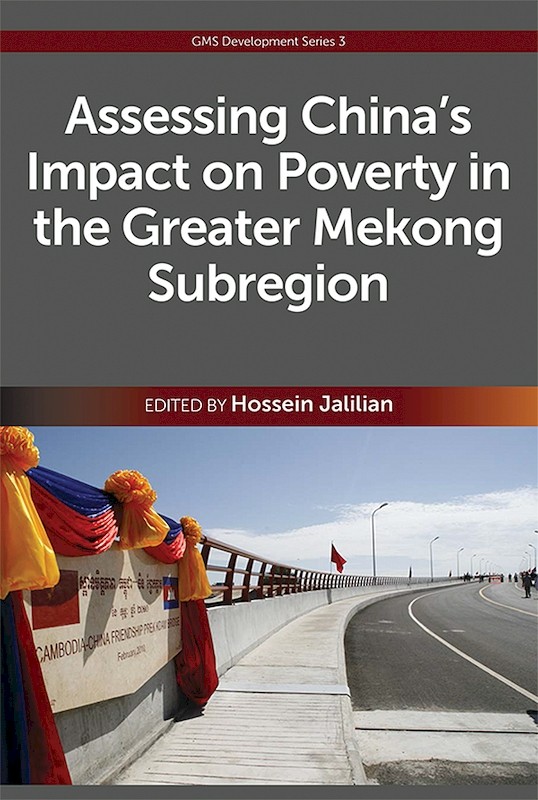Contested Waterscapes in the Mekong Region: Hydropower, Livelihoods and Governance
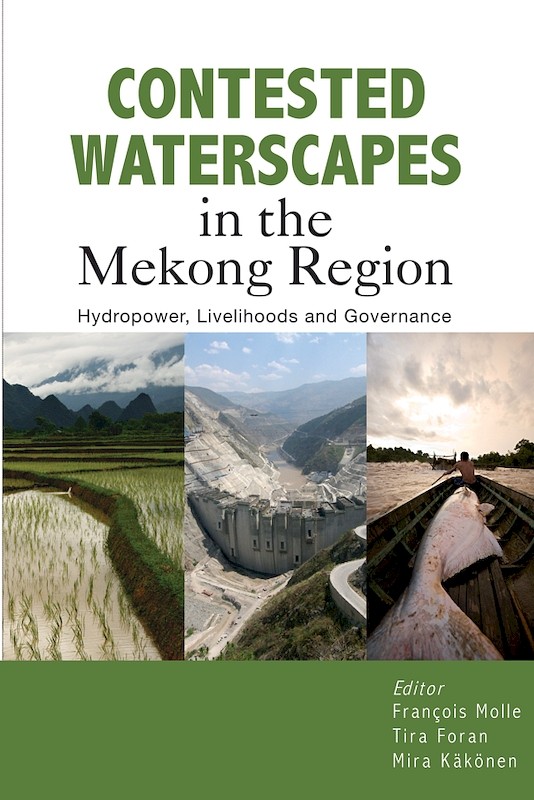
Date of publication:
2010
Publisher:
Earthscan Ltd
Number of pages:
426
Code:
EDS17
Reviews
"In the volume Contested Waterscapes in the Mekong Region François Molle and his co-authors analyze how large-scale infrastructure projects affect local people's livelihoods and the role that regional cooperative governance structures play in sustainably governing water and related resources in light of environmental change. Their aim is to contribute to a better understanding of current transformation in the Mekong Region, focusing on who benefits, who is at risk and what could lead to better water governance that benefits riparian communities and people. All authors apply a critical constructivist approach. The book is structured around three main issues which are treated in three different parts -- bound together by a comprehensive introduction to water-related challenges in the Mekong Region and the history of institutionalized cooperation aimed at overcoming them. The conclusion suggests new way to better govern shared resources in the region. It thus offers a holistic perspective of challenges and opportunities as well as the attempts to address them. Overall, the book provides a very rich overview of the different challenges the Mekong River Basin, its environment and its riparian people are facing. It is particularly valuable due to its analysis of the different linked issues relating to livelihoods, governance and hydropower generation, so relevant when governing transboundary ecosystems along the water, energy and food security nexus. Even well-informed readers will benefit from the well-written volume" (Asienforum, International Quarterly for Asian Studies).
About the publication
The catchment area of the Mekong River and its tributaries extends from China, through Burma/Myanmar, Thailand, Laos, Cambodia and to Vietnam. The water resources of the Mekong region - from the Irrawaddy and Nu-Salween in the west, across the Chao Phraya to the Lancang-Mekong and Red River in the east - are increasingly contested. Governments, companies, and banks are driving new investments in roads, dams, diversions, irrigation schemes, navigation facilities, power plants and other emblems of conventional 'development'. Their plans and interventions should provide some benefits, but also pose multiple burdens and risks to millions of people dependent on wetlands, floodplains and aquatic resources, in particular, the wild capture fisheries of rivers and lakes.
Contested Waterscapes in the Mekong Region examines how large-scale projects are being proposed, justified, and built. How are such projects contested and how do specific governance regimes influence decision-making? This book shows how diverse, and often antagonistic, ideologies and interests are contesting for legitimacy. It argues that the distribution of decision-making, political, and discursive power influences how the waterscapes of the region will ultimately look and how benefits, costs and risks will be distributed. Also highlighted are the emergence of new actors, rights and trade-off debates, and the social and environmental consequences of 'water resources development'. These issues are crucial for the transformation of waterscapes and the prospects for democratizing water governance in the Mekong region.
Co-published with Earthscan. The ISEAS edition is for exclusive distribution in ASEAN countries.
Contested Waterscapes in the Mekong Region examines how large-scale projects are being proposed, justified, and built. How are such projects contested and how do specific governance regimes influence decision-making? This book shows how diverse, and often antagonistic, ideologies and interests are contesting for legitimacy. It argues that the distribution of decision-making, political, and discursive power influences how the waterscapes of the region will ultimately look and how benefits, costs and risks will be distributed. Also highlighted are the emergence of new actors, rights and trade-off debates, and the social and environmental consequences of 'water resources development'. These issues are crucial for the transformation of waterscapes and the prospects for democratizing water governance in the Mekong region.
Co-published with Earthscan. The ISEAS edition is for exclusive distribution in ASEAN countries.
Co-publication: Earthscan Ltd
Earthscan Ltd

